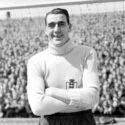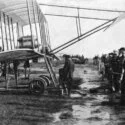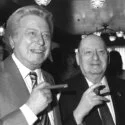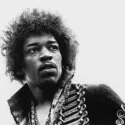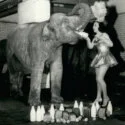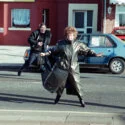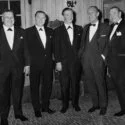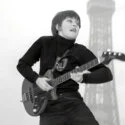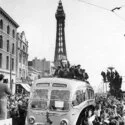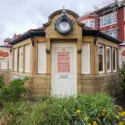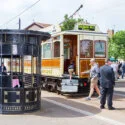The Olympic Games of 1900 in Paris were far removed from the modern spectacle. Poorly organised and overshadowed by the World’s Fair, they still provided the stage for a Lancashire runner to make history. Alfred Ernest Tysoe, born in Padiham on 4 April 1874, rose above the chaos to claim gold in the 800 metres. On an uneven grass track at the Bois de Boulogne, he left American rivals trailing and crossed the line in 2:01.2. He then added a second title in the 5000 metre team race alongside his British teammates.
Tysoe’s path to glory led through Blackpool. In the early 1890s his family settled in the resort, where he developed as an athlete with the Skerton Harriers. Blackpool quickly became a hub of Northern athletics, and although Tysoe later joined Salford Harriers, he trained under Blackpool coach Bill Booth at Raikes Hall and the South Shore sand dunes. Booth persuaded him to join Blackpool Harriers, and by 1897 Tysoe was not only competing for them but serving as captain. He led both on the track and in the social life of the club, famed for post-training suppers and songs in the town’s hostelries.
In Blackpool colours Tysoe refined his speed, winning the AAA mile and ten mile titles in 1897 and breaking the Scottish half-mile record in 1898. He added further national titles at 880 yards in 1898, 1899 and 1900. That same year he fulfilled his Olympic dream, taking the 800 metre title by three metres with a final lap reputedly close to 56 seconds.
The Paris Games produced another British champion: Dorset’s Charles Bennett, who won the 1500 metres in world record time. The public demanded to know who was supreme. The answer came in September 1900 at Manchester’s Belle Vue Gardens. Trained on Blackpool’s tracks and sand hills, Tysoe faced Bennett in front of four thousand spectators. In the final 200 yards he surged past his rival to win in 3:12. His prize was a silver cup, but more valuable was the crown of undisputed middle-distance champion of the world.
From Padiham to Paris, with Blackpool as the beating heart of his training, Alfred Tysoe became a national hero, a role model for a sporting public hungry for success. Sadly, he contracted pleurisy and died early in 1901 at his father’s home in Blackpool at the age of 27.
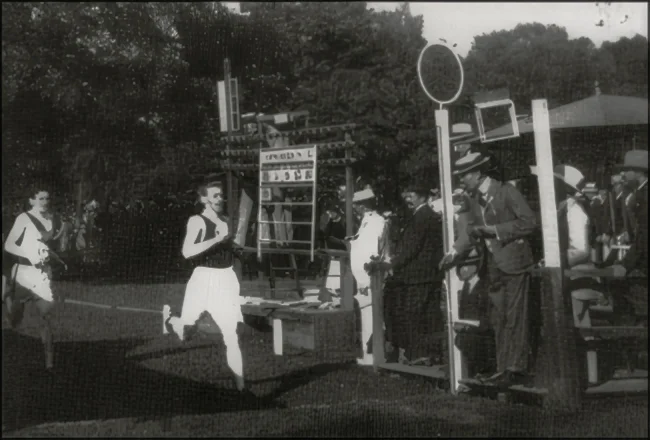
Alfred Tysoe wins the Olympic 800m title in Paris, 1900.
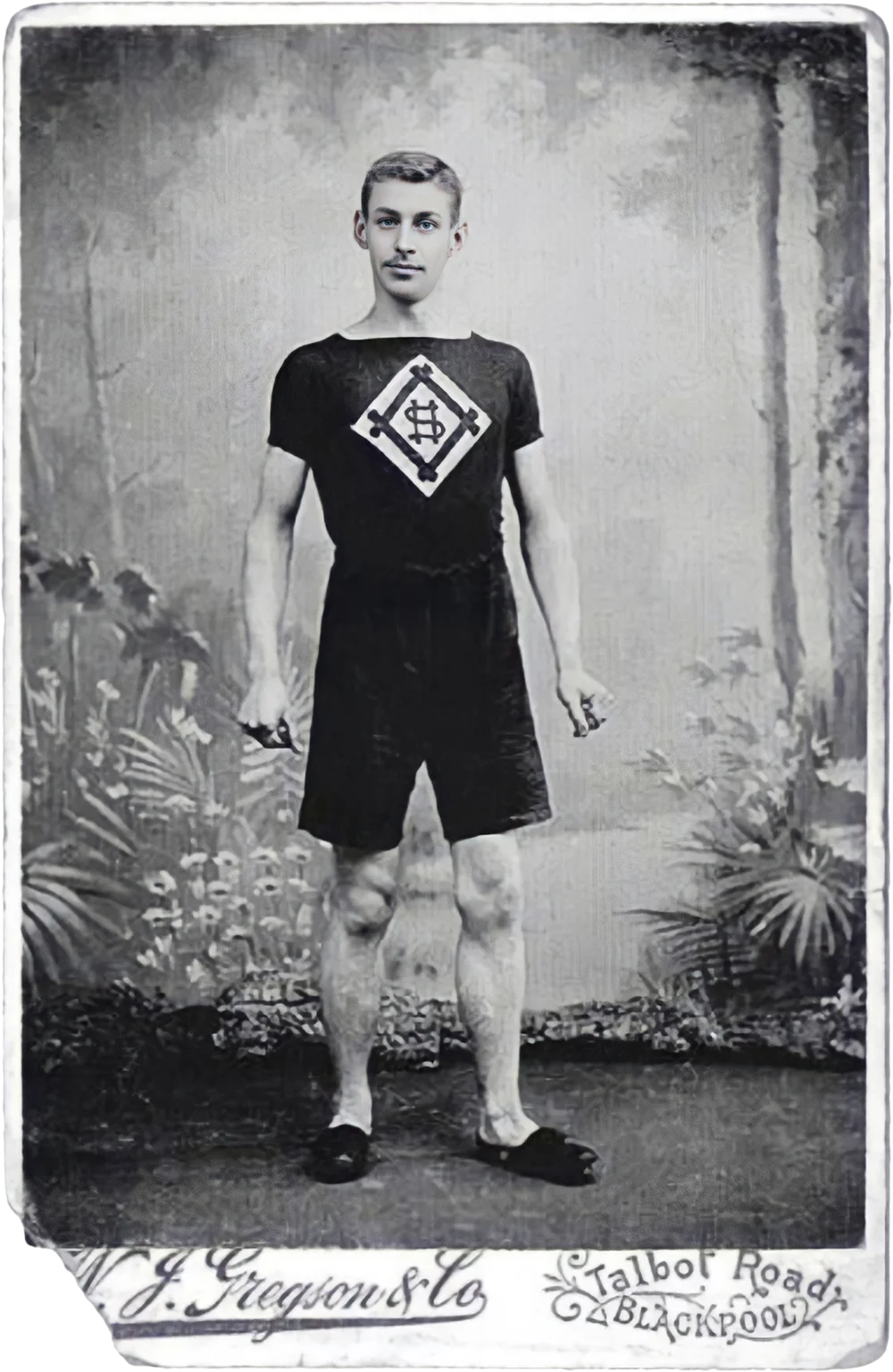
Text source: Alan Seddon for Athletics Weekly Olympedia
Images by © Public Domain





